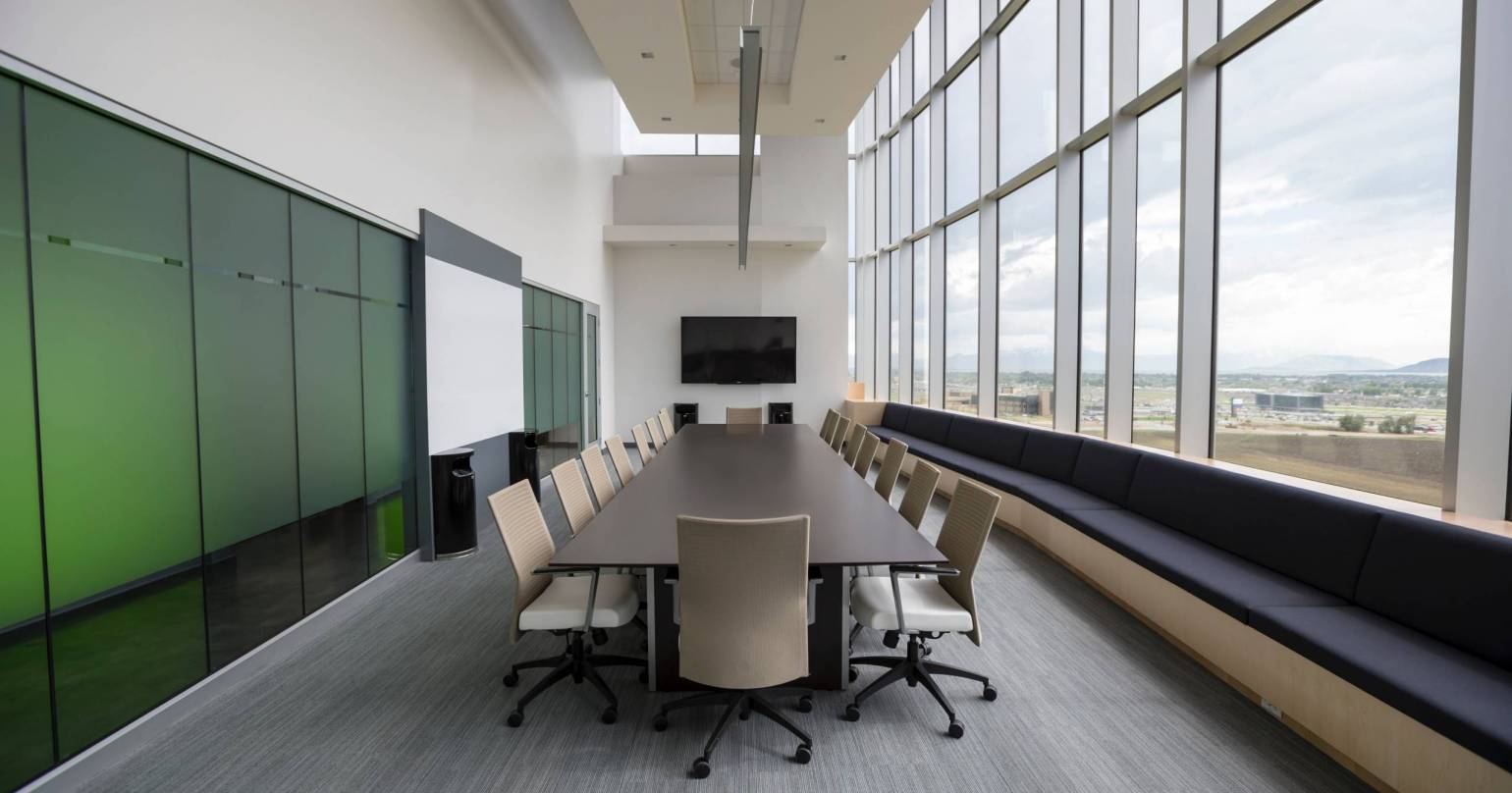Returning To Work- Employer Considerations
Right now, you may be considering getting your staff back onsite in a phased return or you may be cherry picking skeleton staff to enable some services to return to some semblance of normality.
- You’ve got PPE onsite
- You have your staff ready
- They know the measures you’ve taken to help protect them and they are onboard to return
- You have desks set out to 2 metres apart or have put screens in place
- You have enough hand sanitiser in stock to sink a battle ship
- Are you ready to go?
Practically yes, mentally… has that even been a consideration?
Months of furloughing, social distancing and limited interactions with friends and family will have taken a toll. When your employees return to work, their colleagues may be the first contact they have had during the whole of lock-down. The impact of that will be immense for some employees.
It is not just about reducing physical risk; it is about addressing the consequences of the risk that people are still enduring; the emotional impact, confusion and frustration and each person will have had a different experience. The effects on employee mental health cannot be underestimated and as an employer you will need to think about how to help your employees process some of these effects of loneliness, anxiety, fear, loss and grief, complex bereavement; the list is a long one.
You may view your staff as resilient, strong and able. They may well be, but they haven’t just been sat at home for 2 months, they’ve endured a lot of changes and in returning to work whilst the virus is still live, they are putting their lives in your hands. It won’t just be about working; it will be about the journey to work if public transport is unavoidable and the potential risk that puts on them on a daily basis. It will be about arranging childcare and finding solutions that minimise risk for their children. It will be about being fearful of a busy reception or a busy staff kitchen, overcrowded restrooms and pushing past people in corridors. All these are situations that may induce anxiety, fear and overwhelm. This will impact on productivity and performance. The likelihood of people returning to work with depression too is likely to increase.
- What solutions do you have on site to assist your employees with their mental health?
- Do you have Mental Health First Aiders on site to spot the signs of depression, anxiety or high-risk individuals?
- Are your HR policies robust enough to support employees that are suffering and can you offer reasonable adjustments right now for them, such as flexible working or a phased return?
- Is your HR department supportive, confidential and approachable? Having HR onsite isn’t the same has having a HR team that your whole company can trust.
- Having the right policy still requires consistent implementation and the confidentiality of exploring mental health concerns with the right people cannot be stressed more acutely. People feel vulnerable right now, if they come to you with mental health concerns then that situation and disclosure needs protecting and handling with care.
- Do you already have an employee assistance programme onboard with a counselling function? Is it effective? Do employees trust the service?
Having a Workplace Counsellor in your company is one way of offering a confidential mental health service to your employees that negates the need for HR to be involved outside of their remit, it means line mangers have a referral system for issues that are also beyond their skill set and it means that you are meeting your duty of care to your staff. The Government in 2017 outlined plans for employer duty of care reforms, specifically regarding mental health and these will be even more important in the current situation with phased returns and crucially over the next 6-12 months in addressing dormant issues that have not yet presented for some individuals. For more information of this please read this:
Counselling can be accessible face to face, but online, email and telephone counselling are equally effective and in fact have been crucial platforms for assisting people over the last few months. For example, those with telephone anxiety there is also the option of counselling via email. For those with mobility issues or those still self-isolating but want to see a friendly face can opt for sessions via Zoom or Skype. Lock-down does not mean mental health care is inaccessible; in fact, it has never been more accessible right now. There is delivery platform to suit everyone.
Whilst workplace stress is my niche, with it being workplace- based, it means it covers a whole host of mental health concerns, such as stress, bereavement, grief, identity issues, relationships, sleep, anxiety, performance coaching, job appraisals, purpose, confidence and self-esteem. If you are reading this thinking my staff could use this kind of support, then please do get in touch with me to discuss how I can help you and your staff.
Photo by Benjamin Child on Unsplash

Add Comment